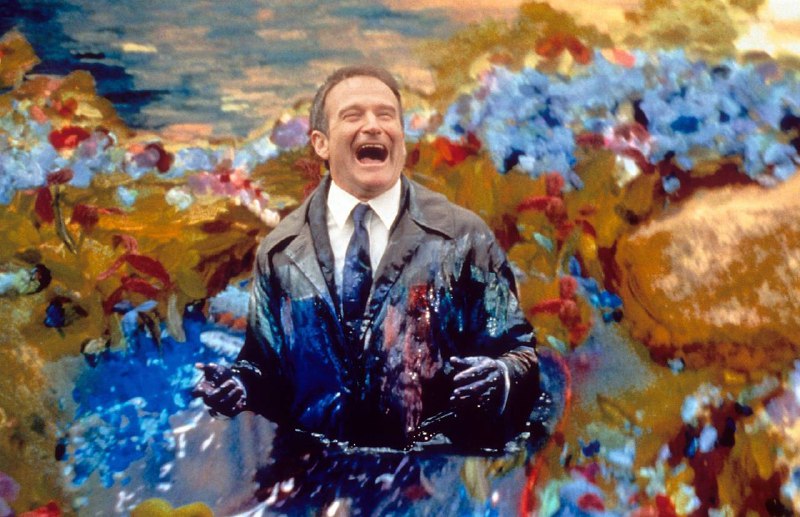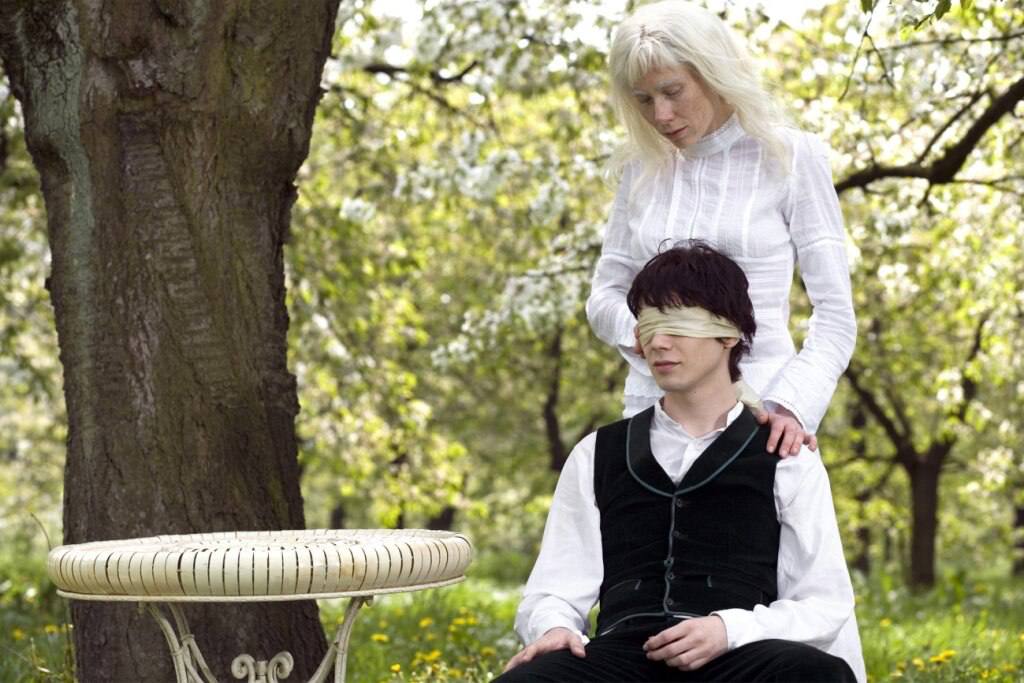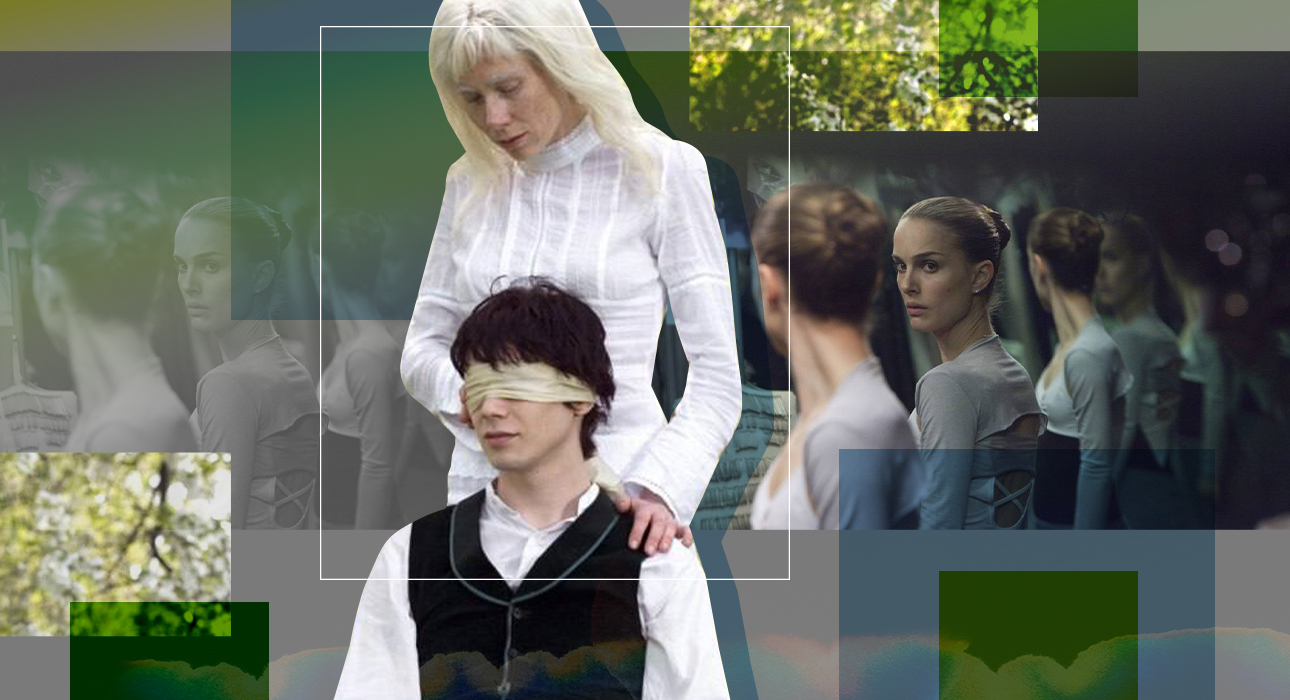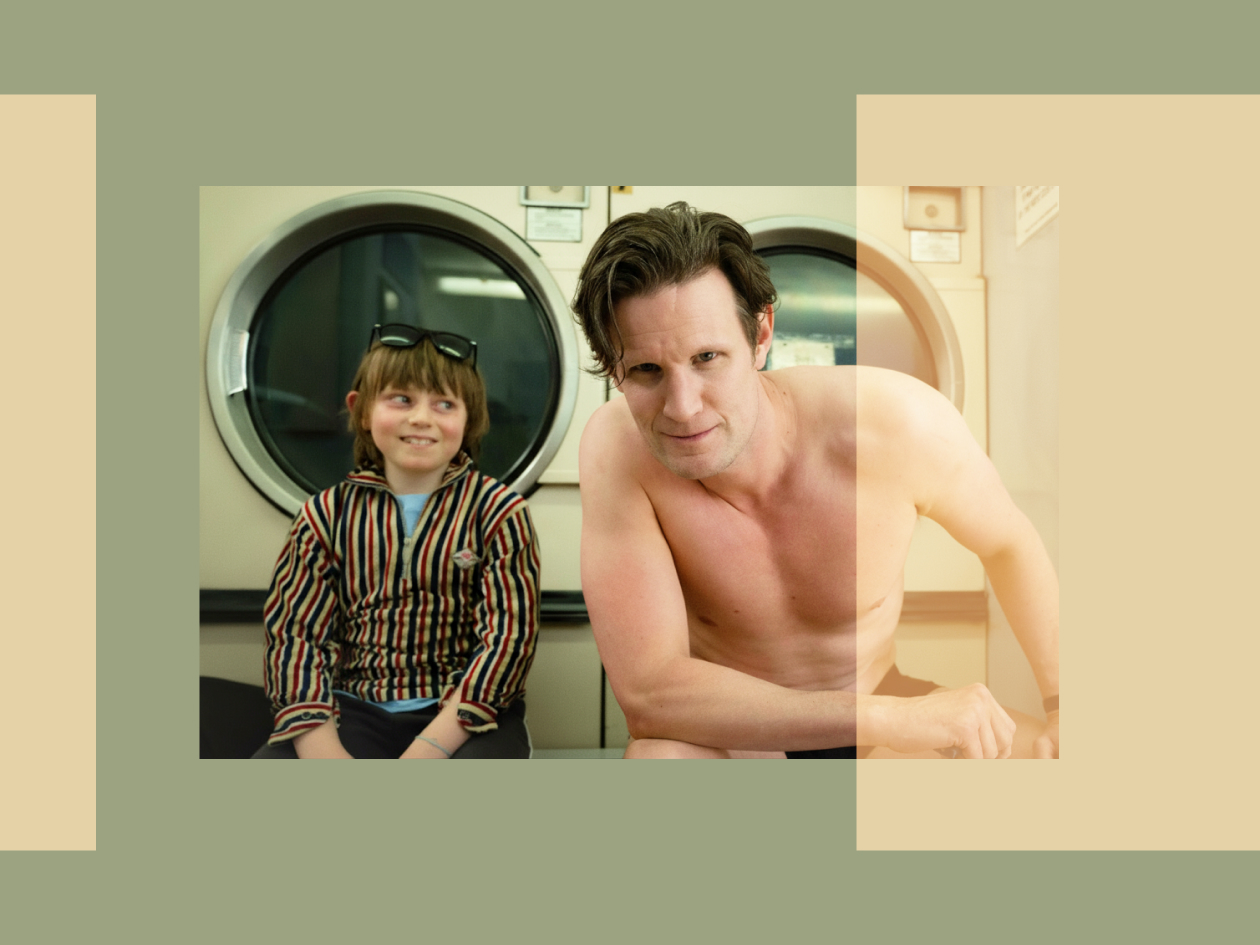Fatigue almost always affects vision: towards evening, after a long sitting at the screen, the sharpness of the picture decreases, as if everything is floating. Losing eyesight is perhaps the most difficult test for a person. It is usually preceded by some kind of injury, illness or heredity. But what if none of the above happened, and your vision was always perfect, and at one point suddenly a void appeared before your eyes?
What can cause sudden vision loss? Can stress trigger temporary blindness? How long does it last? How can doctors restore vision in such cases?
Specialist in the field of ophthalmology, chief physician of the VISTA Center for Innovative Ophthalmology, Candidate of Medical Sciences Elena Kazantseva answered these questions exclusively for The Fashion Vibes. She told about what hysterical blindness is and what treatment methods exist.

Elena Kazantseva, ophthalmologist
What is hysterical blindness and why does it occur?

Hysterical blindness or psychogenic blindness is a temporary loss of vision without any apparent physical cause. This condition is usually associated with strong emotional experiences or stress. In cinema, this issue is addressed in the movie “Hysterical Blindness” starring Uma Thurman, when the heroine loses her sight due to emotional upheaval. Also in the TV series Friends, Monica temporarily loses her sight due to stress at work.
The causes of hysterical blindness may be related to various factors.
Strong emotional experiences
When a person experiences intense emotional stress, the brain may respond in unusual ways. For example, there was a case on the TV series House where a patient lost his vision after a strong emotional blow. This could be a response to events such as the loss of a loved one, divorce, serious personal conflict, or traumatic events. The brain may “shut down” vision as a way to avoid an overwhelming amount of negative emotions and pressure.
Stress and trauma


Chronic stress and traumatic experiences can lead to hysterical blindness. In the movie Black Swan, the main character experiences severe stress and begins to hallucinate. Constant stress at work, financial problems, or other long-term stressful situations can overload the nervous system, causing various psychosomatic reactions, including vision loss. Traumatic events such as accidents or violence can also cause the body to react in this way.
Subconscious desire to avoid unpleasant reality
Hysterical blindness may occur as a subconscious response to a person’s desire to avoid unpleasant realities or situations that they cannot cope with. In the movie “What Dreams May Come”, the characters experience various psychosomatic symptoms. When reality becomes unbearable, the subconscious mind may seek to protect the person from pain and stress by blocking vision or causing other physical symptoms. This may be due to repressed memories or deep internal conflicts that the person cannot consciously resolve.
What methods are available to treat hysterical blindness?

Treatment of hysterical blindness is aimed at eliminating psychological causes. Here are some recommendations.
Contact a psychologist or psychotherapist
Psychotherapy helps identify and overcome hidden emotions and traumas. Cognitive behavioral therapy (CBT) can change negative thoughts and behaviors.
Medication
In some cases, antidepressants or tranquilizers may be prescribed to reduce anxiety and depression.
Use relaxation techniques
Meditation, yoga, breathing exercises and walks in the fresh air can help reduce stress and improve your overall mental health. Regular exercise is also beneficial.
Group therapy
It can be helpful to discuss your problems with other people who are experiencing similar symptoms. Support groups can help you feel like you are not alone.
Discuss your problems with your loved ones

The support of friends and family is very important. Don’t be afraid to ask for help and share your experiences.
Don’t ignore the symptoms
If you feel like something is wrong, seek medical attention. Early intervention can greatly facilitate treatment and speed up recovery.
Remember this hysterical blindness – This is the body’s signal of excessive stress. It is important to seek help in time and take measures to restore psychological balance. If you experience any symptoms, seek professional help immediately. Avoid isolation: be sure to be with people and do not refuse support. Then the treatment will become much more comfortable and safe.
Source: People Talk
Errol Villanueva is an author and lifestyle journalist who writes for The Fashion Vibes. With a passion for exploring the latest trends in fashion, food, travel, and wellness, Errol’s articles are a must-read for anyone interested in living a stylish and fulfilling life.





